
Every young person has to make life-changing decisions about their sexual and reproductive health. However many of them cannot access clear, evidence-based information. IPPF's comprehensive sexuality education programmes enable young people to make informed decisions about their sexuality and health, while building life skills and promoting gender equality.
Articles by Comprehensive Sex Education
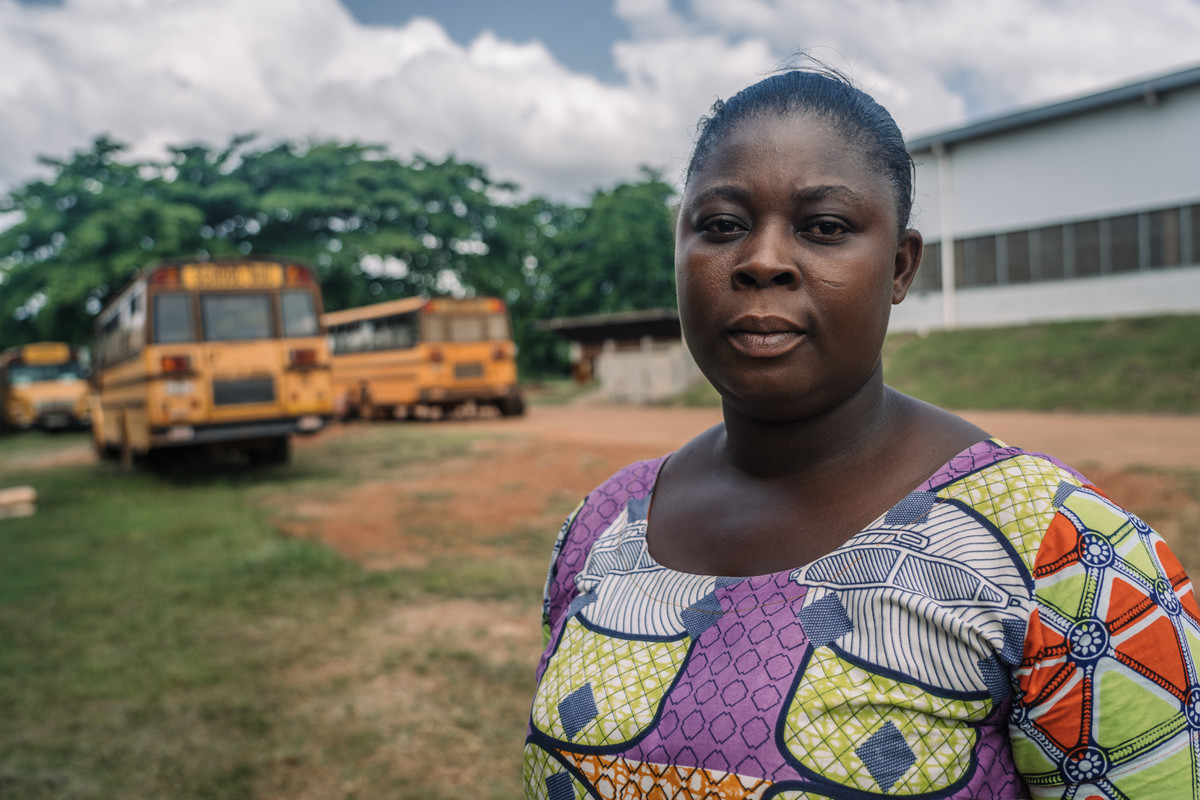
"It has helped me a lot, without that information I would have given birth to many children..."
Factory workers at Mim Cashew, in a small town in rural Ghana, are taking their reproductive health choices into their own hands, thanks to a four-year project rolled out by Planned Parenthood Association Ghana (PPAG) along with the Danish Family Planning Association (DFPA). The project, supported by private funding, focuses on factory workers as well as residents in the township of about 30, 000, where the factory is located. Under the project, health clinic staff in Mim have been supported to provide comprehensive abortion care, a range of different contraception choices and STI treatments as well as information and education. In both the community and the factory, there is a strong focus on SRHR trained peer educators delivering information to their colleagues and peers. An increase in knowledge So far, the project has yielded positive results - especially a notable increase amongst the workers on SRHR knowledge and access to services - like worker Janet Pinamang, who is a 32-year-old mother of two. She says the SRHR project has been great for her and her colleagues. "I have had a lot of benefits with the project from PPAG. PPAG has educated us on how the process is involved in a lady becoming pregnant. PPAG has also helped us to understand more on drug abuse and about HIV.” She also appreciated the project working in the wider community and helping to address high levels of teenage pregnancy. "I have seen a lot of change before the coming of PPAG little was known about HIV, and its impacts and how it was contracted - now PPAG has made us know how HIV is spread, how it is gotten and all that. PPAG has also got us to know the benefits of spacing our children." “It has helped me a lot” Pinamang's colleague, Sandra Opoku Agyemang, 27, is a mother of a six-year-old girl called Bridget. Agyemang says before the project came to Mim, she had only heard negative information around family planning. "I heard family planning leads to dizziness, it could lead to fatigue, you won't get a regular flow of menses and all that, and I also heard problems with heart attacks. I had heard of these problems, and I was afraid, so after the coming of PPAG, I went into family planning, and I realised all the things people talked about were not wholly true." Now using family planning herself, she says the future is bright for her, and her family. "It has helped me a lot, without that information I would have given birth to many children, not only Bridget. In the future, I plan to add on two [more children], even with the two I am going to plan."
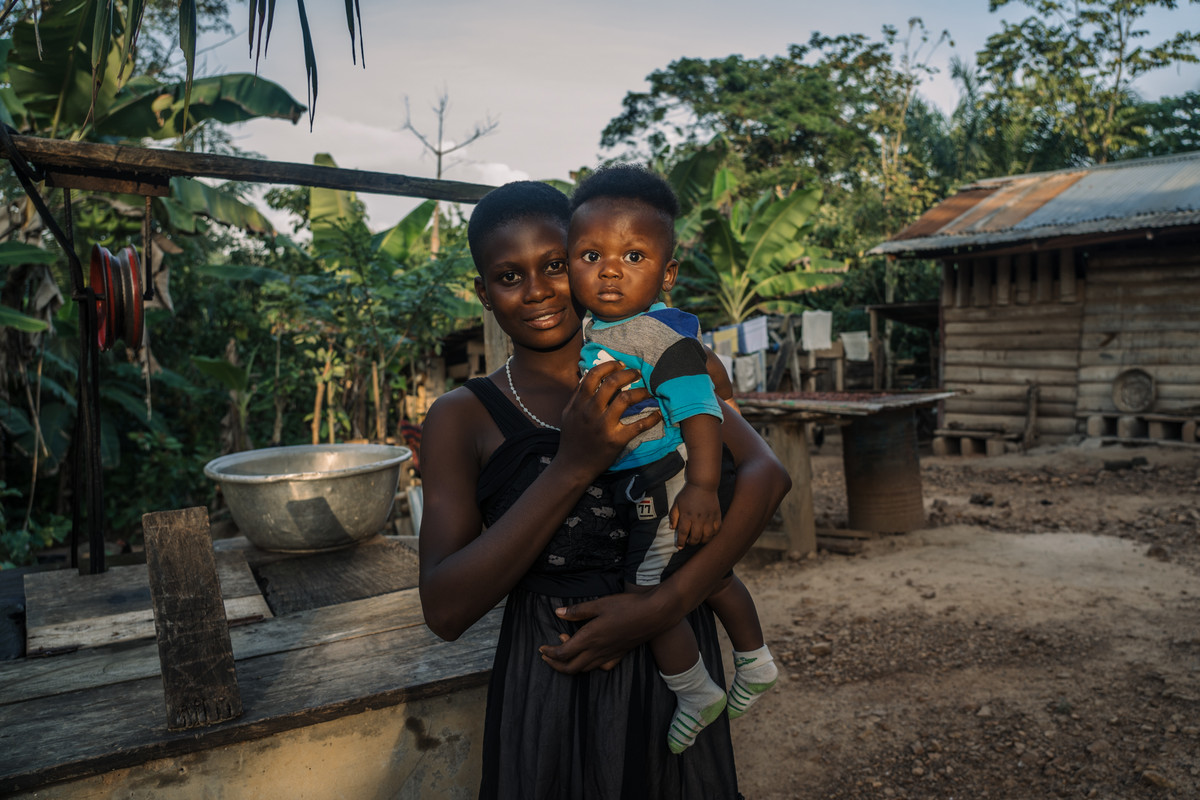
“Despite all those challenges, I thought it was necessary to stay in school"
When Gifty Anning Agyei was pregnant, her classmates teased her, telling her she should drop out of school. She thought of having an abortion, and at times she says she considered suicide. When her father, Ebenezer Anning Agyei found out about the pregnancy, he was furious and wanted to kick her out of the house and stop supporting her education. Getting the support she needed But with support from Planned Parenthood Association of Ghana (PPAG) and advice from Ebenezer’s church pastor, Gifty is still in school, and she has a happy baby boy, named after Gifty’s father. Gifty and the baby are living at home, with Gifty’s parents and three of her siblings in Mim, a small town about eight hours drive northwest of Ghana’s capital Accra. “Despite all those challenges, I thought it was necessary to stay in school. I didn’t want any pregnancy to truncate my future,” Gifty says, while her parents nod in proud support. In this area of Ghana, research conducted in 2018 found young people like Gifty had high sexual and reproduce health and rights (SRHR) challenges, with low comprehensive knowledge of SHRH and concerns about high levels of teenage pregnancy. PPAG, along with the Danish Family Planning Association (DFPA), launched a four-year project in Mim in 2018 aimed to address these issues. For Gifty, now 17, and her family, this meant support from PPAG, especially from the coordinator of the project in Mim, Abdul- Mumin Abukari. “I met Abdul when I was pregnant. He was very supportive and encouraged me so much even during antenatals he was with me. Through Abdul, PPAG encouraged me so much.” Her mother, Alice, says with support from PPAG her daughter did not have what might have been an unsafe abortion. The parents are also happy that the PPAG project is educating other young people on SRHR and ensuring they have access to services in Mim. Gifty says teenage pregnancy is common in Mim and is glad PPAG is trying to curb the high rates or support those who do give birth to continue their schooling. “It’s not the end of the road” “PPAG’s assistance is critical. There are so many ladies who when they get into the situation of early pregnancy that is the end of the road, but PPAG has made us know it is only a challenge but not the end of the road.” Gifty’s mum Alice says they see baby Ebenezer as one of their children, who they are raising, for now, so GIfty can continue with her schooling. “In the future, she will take on the responsibly more. Now the work is heavy, that is why we have taken it upon ourselves. In the future, when Gifty is well-employed that responsibility is going to be handed over to her, we will be only playing a supporting role.” Alice also says people in the community have commented on their dedication. “When we are out, people praise us for encouraging our daughter and drawing her closer to us and putting her back to school.” Dad Ebenezer smiles as he looks over at his grandson. “We are very happy now.” When she’s not at school or home with the baby, Gifty is doing an apprenticeship, learning to sew to follow her dream of becoming a fashion designer. For her, despite giving birth so young, she has her sights set on finishing her high school education in 2021 and then heading to higher education.
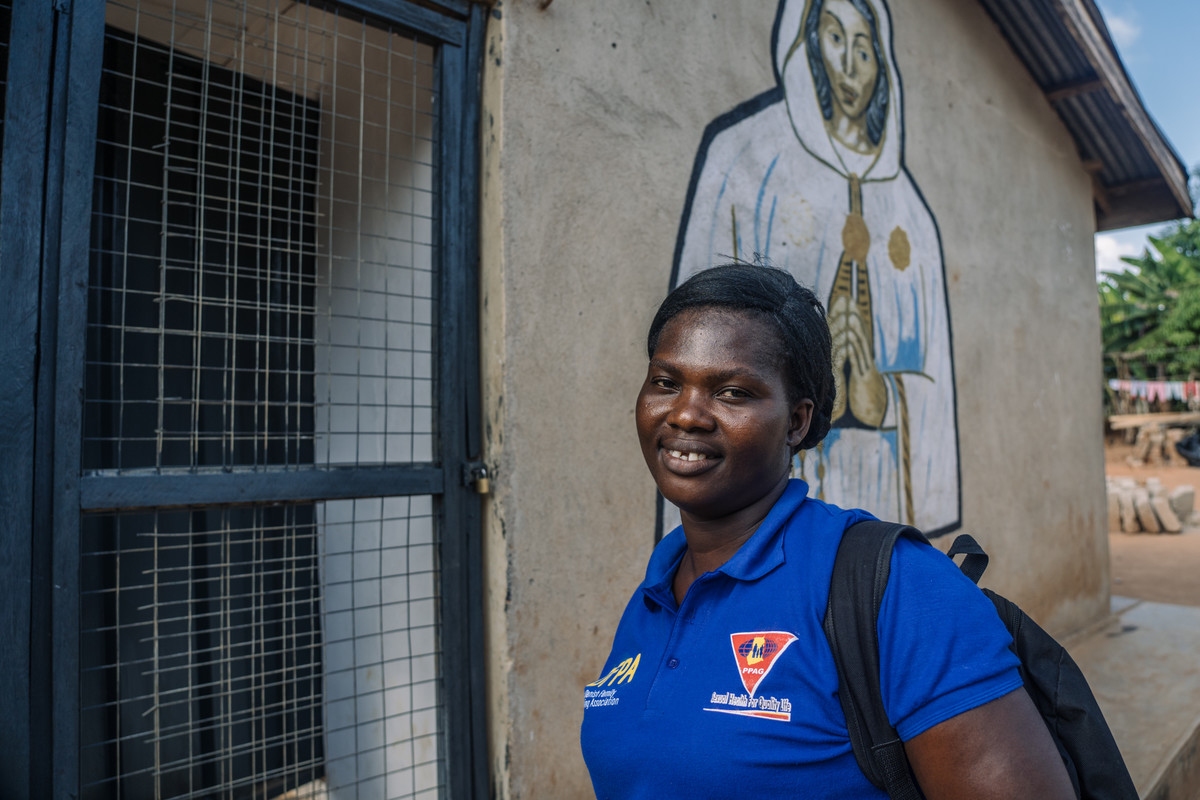
"They teach us as to how to avoid STDs and how to space our childbirth"
As the sun rises each morning, Dorcas Amakyewaa leaves her home she shares with her five children and mother and heads to work at a cashew factory. The factory is on the outskirts of Mim, a town in the Ahafo Region of Ghana. Along the streets of the township, people sell secondhand shoes and clothing or provisions from small, colourfully painted wooden shacks. “There are so many problems in town, notable among them [young people], teenage pregnancies and drug abuse,” Amakyewaa says, reflecting on the community of about 30,000 in Ghana. The chance to make a difference In 2018, Amakyewaa was offered a way to help address these issues in Mim, through a sexual and reproductive health rights (SRHR) project brought to both the cashew factory and the surrounding community, through the Danish Family Planning Association, and Planned Parenthood Association Ghana (PPAG). Before the project implementation, some staff at the factory were interviewed and surveyed. Findings revealed similar concerns Amakyewaa had, along with the need for comprehensive education, access and information on the right to key SRHR services. The research also found a preference for receiving SRHR information through friends, colleagues or factory health outreach. These findings then led to PPAG training people in the factory to become SRHR peer educators, including Amakyewaa. She now passes on what she has learnt in her training to her colleagues in sessions, where they discuss different SRHR topics. “I guide them to space their births, and I also guide them on the effects of drug abuse.” The project has also increased access to hospitals, she adds. “The people I teach, I have given the numbers of some nurses to them. So that whenever they need the services of the nurses, they call them and meet them straight away.” Access to information One of the women Amakyewaa meets with to discuss sexual and reproductive health is Monica Asare, a mother of two. “I have had a lot of benefits from PPAG. They teach us as to how to avoid STDs and how to space our childbirth. I teach my child about what we are learning. I never had access to this information; it would have helped me a lot, probably I would have been in school.” Amakyewaa also says she didn’t have access to information and services when she was young. If she had, she says she would not have had a child at 17. She takes the information she has learnt, to share with her children and other young people in the community. When she gets home after work, Amakyewaa’s peer education does not stop, she continues. She also continues her teachings when she gets home. “PPAG’s project has been very helpful to me as a mother. When I go home, previously I was not communicating with my children with issues relating to reproduction.” Her 19-year-old daughter, Stella Akrasi, has also benefitted from her mothers training. “I see it to be good. I always share with my friends give them the importance of family planning. If she teaches me something I will have to go and tell them too” she says.
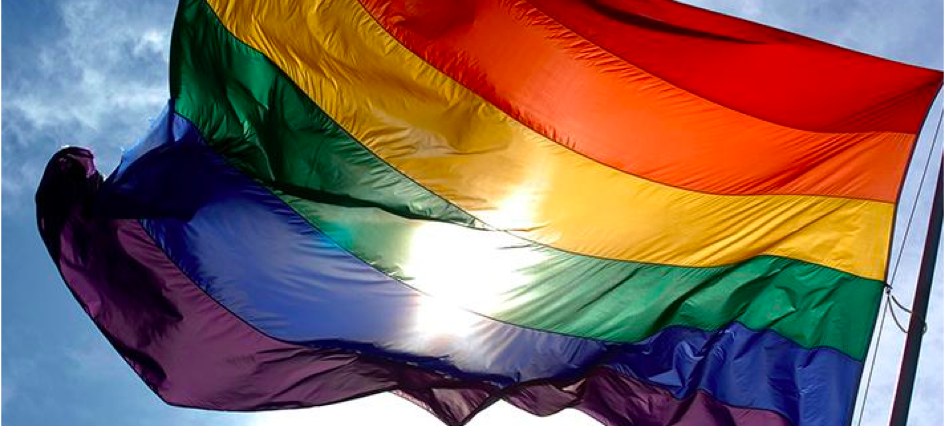
IPPF's new project sets to change discriminatory laws related to sexual orientation, gender identity and expression in 12 countries
IPPF arranged the first meeting of the project group that is tasked to develop IPPF policy and advocacy work on SOGIE issues in Nairobi in November 2019. IPPF has chosen 12 member associations (MAs), two from each IPPF region, for this important work. Participants shared their countries’ political situation and discussed possibilities and strategies for changing restrictive laws and regulations. The participants feedback expressed that they were inspired by the range of advocacy experiences and ideas, the creative solutions to reformulate challenges to opportunities and the wins already achieved. The world has recently seen improvements in SOGIE rights but still around 70 out of 190 countries have criminalizing legislations. Processes of decriminalization using the judicial system was a main discussion. Participants from MAs in India, Botswana and Trinidad and Tobago described how this had been a successful strategy in their countries and what the role of a non LGBTI health and human rights organisation could be. Examples were shared on how to cooperate with LGBTI organisations, including hosting and help initiate them in their formative stages. Some of our member organisations described the success of building and strengthening partner networks over time to enable the building of skills and confidence. The participants also spent time discussing how to ensure institutional strengthening of their organisations ensuring the SOGIE knowledge and competence when carrying out advocacy. Making use of interns and ensuring this competence in the governing boards were among examples given. International human rights mechanisms like the Universal Periodic Review are advocacy opportunities where the organisations are participating through writing shadow reports and reporting the situation on the ground. In addition, there were presentations of how to address public opinion (this film from Romania can be used as an example) and raise awareness of changes that are needed, as well as how to build movements and the importance for collecting evidence and data. All these efforts require funding, thus the participants made advocacy plans that can be used when applying for support. The advocacy plans were made according to the IPPF strategies and the participants discussed how to make use of the IPPF tools. At the end the participants watched the upcoming documentary The Art of Sin about the first gay man from Sudan to come out, by Ibrahim Mursal (co-produced by Sex og Politikk, IPPF’s MA in Norway). The film follows the artist Ahmed Umar as he comes out and explores his identity both in Sudan (where death penalty can be imposed on men who have sex with men) and Norway. List of participants: The participants came from 12 IPPF member associations (MAs), two from each of the 6 IPPF regions in the world: Tunisia (ATSR), Morocco (AMPF), Botswana (BFWA), Kenya (FHOK), India (FPAI), Sri Lanka (FPASL), Nord-Macedonia (HERA), Romania (SECS), Cambodia (RHAC), Indonesia (PKBI), Guyana (GRPA) and Trinidad and Tobago (FPATT) as well as the steering group and the secretariat. The IPPF Steering Committee has one representative from each of IPPF 6 regions: Africa, Arab World, Europe, South East Asia and Oceania, South Asia and Western Hemisphere. The secretariat of the project is based at IPPF Norway (Sex og Politikk).
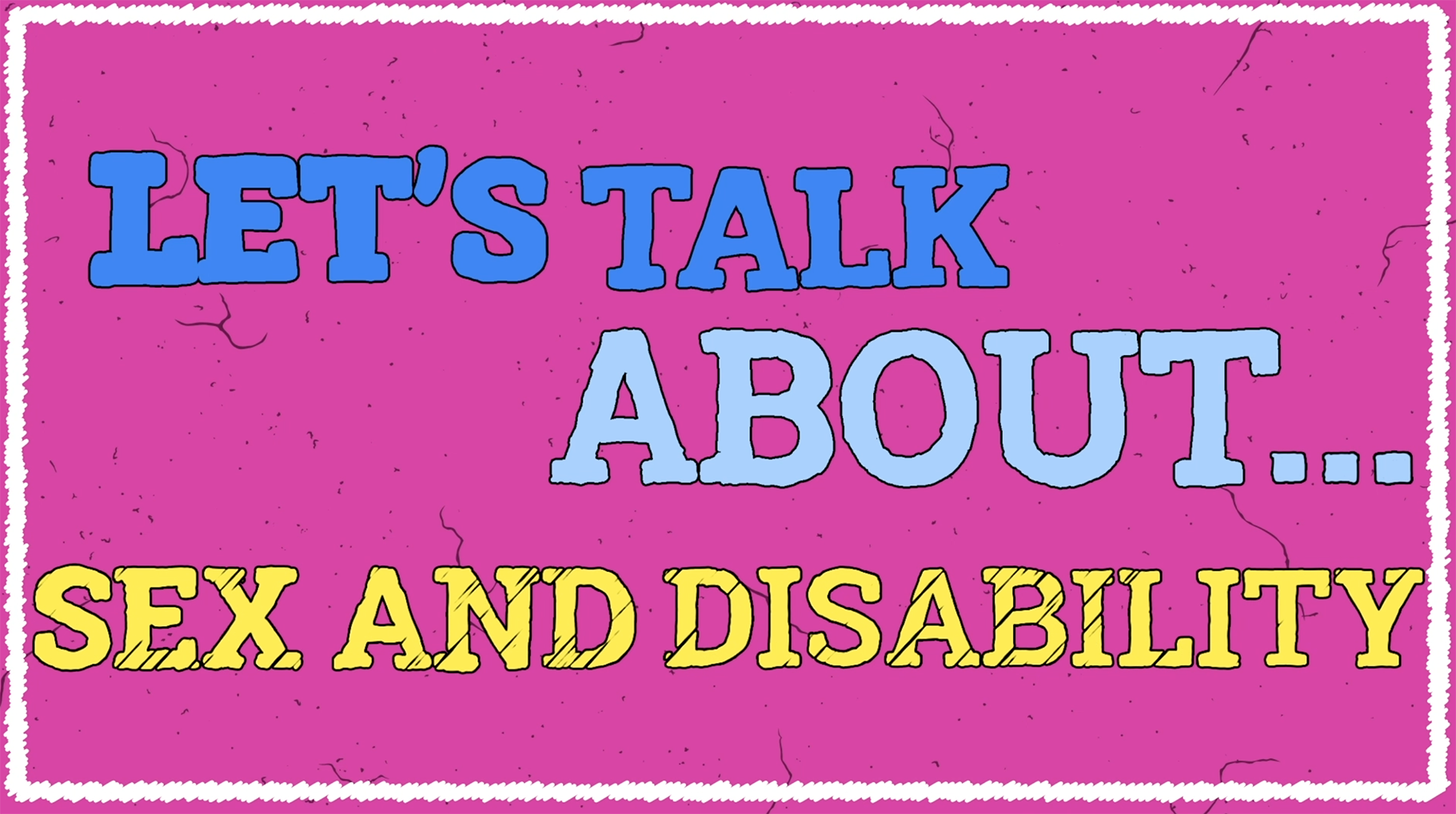
Watch: Let's Talk About... Sex & Disability
"Disabled people are sexy" "If you’re blind, how do you have sex? And I’m thinking, what kind of sex are you having?" Our new series tackles five major topics: Sex & Disability, Sex & Pleasure, Sex & Consent, Sex Education and Sex & Social Media. In this episode, Joy and Rachelle talk about their own experiences of living with a disability and some of the stigma and stereotypes they face when it comes to sex. They also have a few handy tips (hint more people should have sex with people living with a disability) on how to incorporate your disability into your sex life!
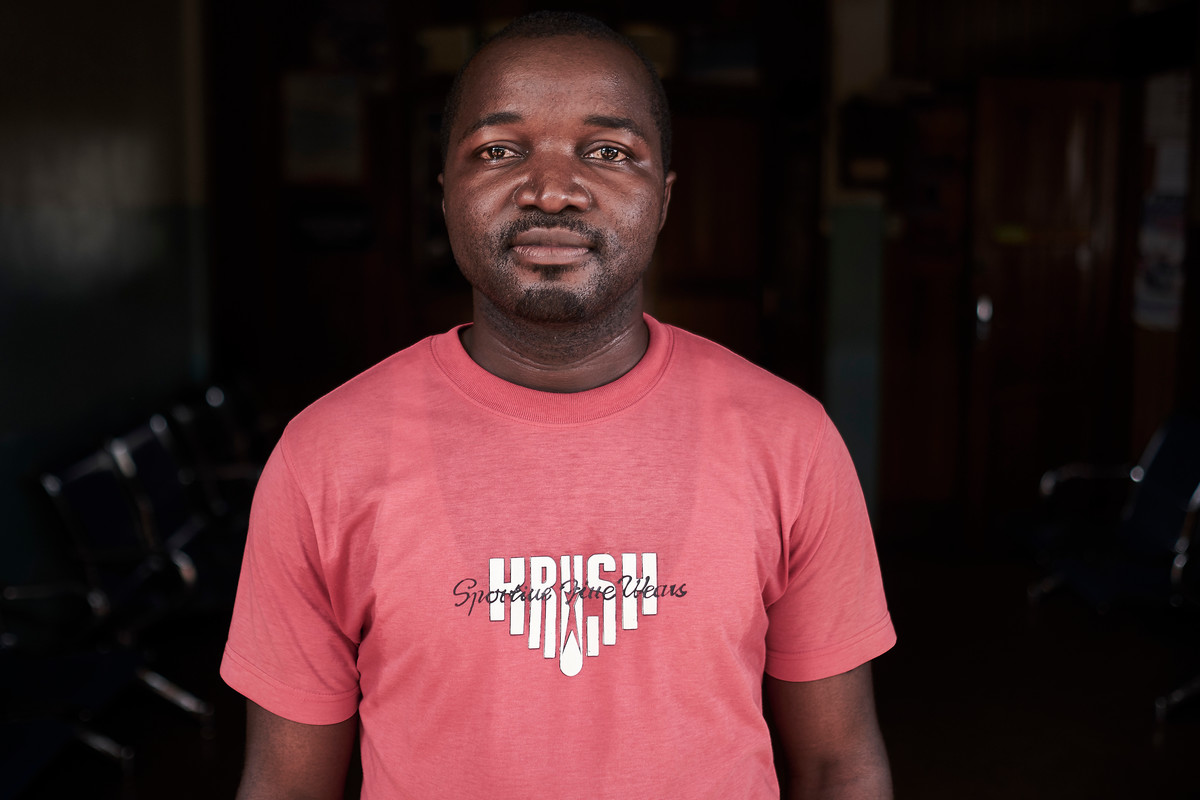
"I help to raise awareness of why we have to protect ourselves"
“The first time I met Chariette [a peer educator for the Cameroon National Planning Association for Family Welfare] was at Sunday football, around four years ago. She was invited by the organizer to come and talk to us when the match was over. We were all men but she wasn’t intimidated and she handled the stupid jokes well. We stayed in touch and then one day I realized I had an STI. It’s a little taboo and I didn’t want to talk about it. I bought some drugs at the local market but they didn’t have any effect. I called Chariette and we discussed what had happened. She told me to come to the CAMNAFAW clinic and I did, where I spoke about my problem and they gave me proper drugs to get rid of it. That day, I decided to become a peer educator myself. There are a lot of guys who are suffering but too scared to speak out. Above all, men are scared of talking about STIs. I now work in schools and youth groups, especially sports teams. They will insist they don’t have anything wrong but every Sunday since then I have gone round the teams and chatted with them. I speak about pregnancy as well. It’s the guys who push women to have sex without a condom and also to have an abortion afterwards. I help to raise awareness of why we have to protect ourselves. It’s hard to recruit people to become peer educators because we are volunteers. It’s not easy to persuade people to change their ways. The view from a lot of churches is very strict and centers on abstinence. The young men want to be macho.” Hervé Tchuigwa Djiya is a peer educator for the Cameroon National Planning Association for Family Welfare (CAMNAFAW)
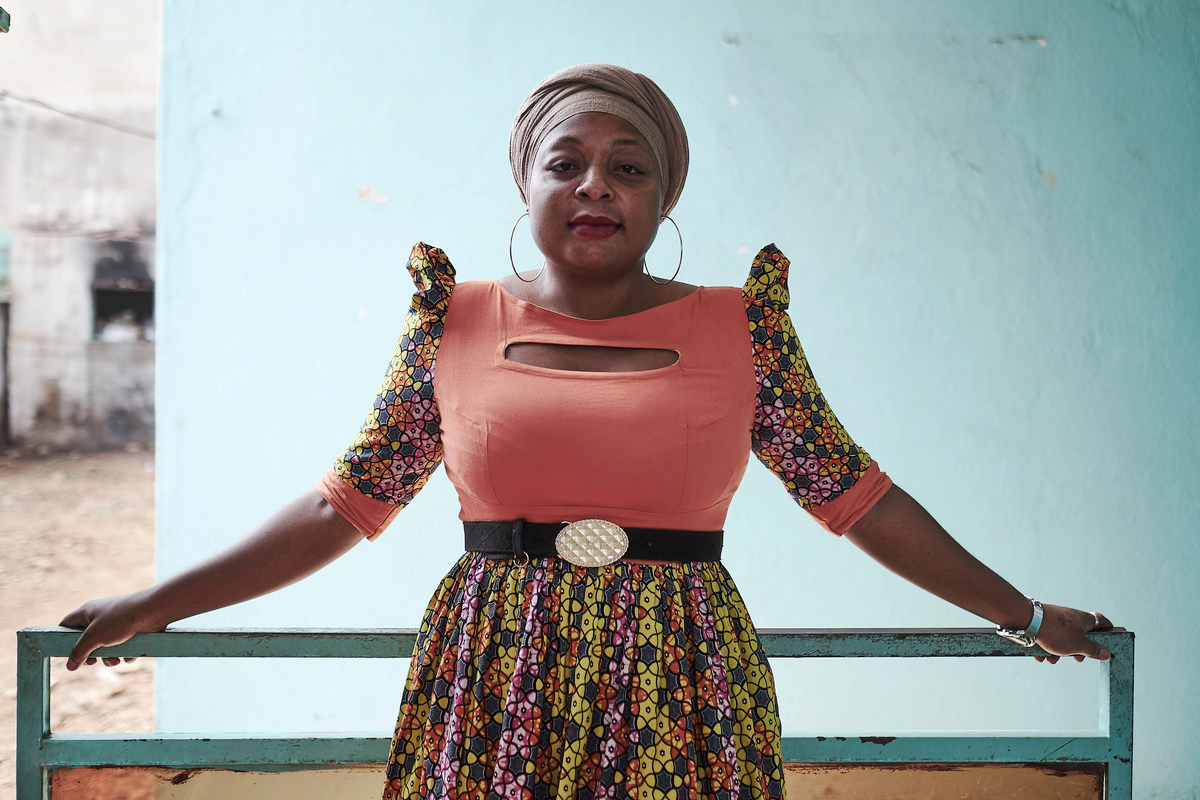
"I have brothers and I have helped them to change too. I’ve helped them to adopt a healthier sex life"
“Chariette was my neighbor. We lived next door to each other. She often organized group information sessions in the neighbourhood to talk about sexually transmitted infections (STIs) and early pregnancy, and unintended pregnancies as well. When I started attending her sessions I was in a bit of unstable relationship. My life was chaotic. My boyfriend didn’t like using protection and we told each other that as we loved each other we weren’t taking any risks. Once I caught something and I was itching a lot. My boyfriend told me that I must have caught it in a public toilet. I trusted him and I didn’t realize I could catch something. When I started listening to Chariette it opened my eyes and I realized I was running big risks. As we aren’t married and we are still studying, we shouldn’t have an unintended pregnancy. What would we do? She told me about sexually transmitted infections as well. I tried to talk to my boyfriend about it but he didn’t want to hear about it, especially about using condoms. I asked for a private session with Chariette for him, and she spoke to us both and he finally understood. Today we have a much more stable sex life and we aren’t running those risks anymore. He learned how to use a condom. After attending her sessions, I was able to save a friend with Chariette’s help. This friend tried to perform an abortion herself and she was bleeding everywhere. I remembered that Chariette told me about the Cameroon National Planning Association for Family Welfare clinic, so I called her and asked how she could be admitted. She was able to receive post-abortion care but if I hadn’t known Chariette I don’t know what would have happened. I have brothers and I have helped them to change too. I’ve helped them to adopt a healthier sex life. There is HIV around and it’s scary.” Gertrude Zouakeu Noutcha, 29, is a student and peer educator for the Cameroon National Planning Association for Family Welfare (CAMNAFAW)
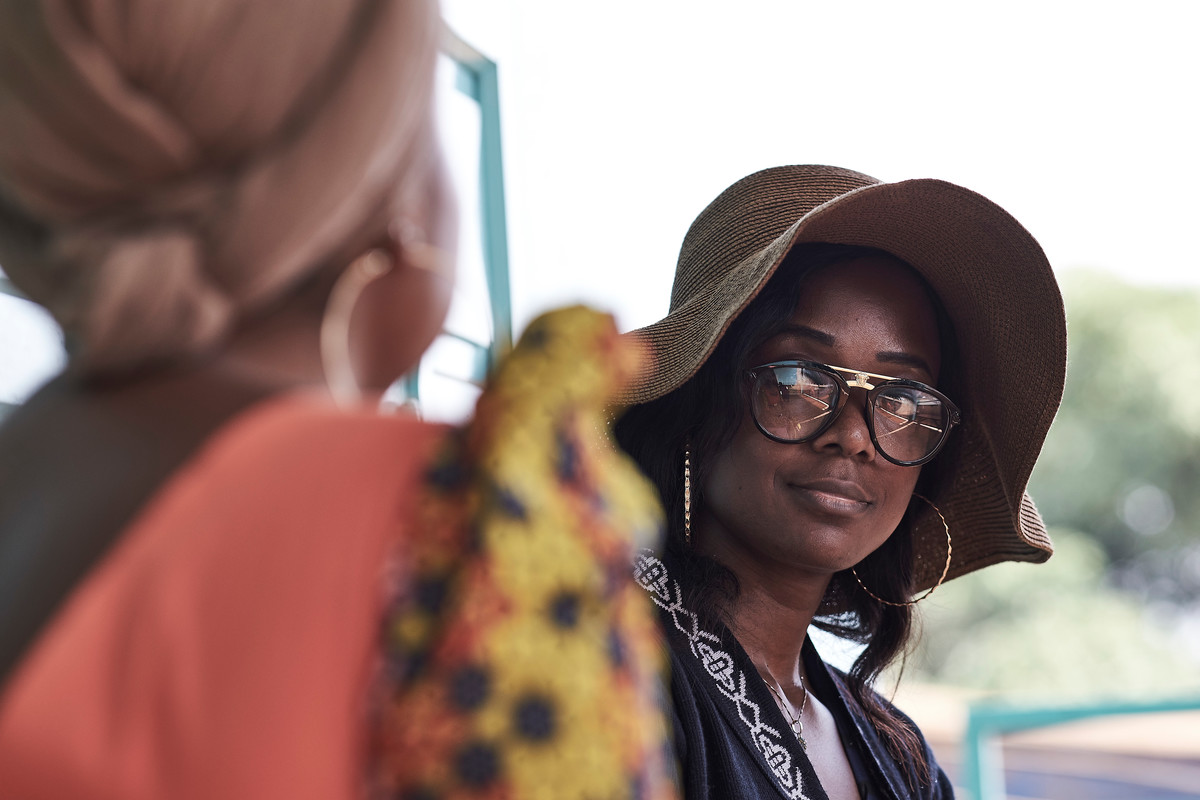
Cameroon: A day in the life of a peer educator
An early start to the day On a typical day in the working week, Chariette Socgnia Nguepi is up before dawn to prepare for the long hours ahead. As a peer educator for CAMNAFAW (Cameroon National Planning Association for Family Welfare), Chariette acts as a spokeswoman for the association and its clinics, and as a conduit for accurate sexual and reproductive health information among all layers of society. She also holds down a full-time job as a phone counsellor for young people, juggling shifts at a call center with organizing sexual health information sessions in her community. Chariette will hop onto the bus at 6am for the battle through Yaoundé’s gridlocked traffic, before settling in for a long list of calls from young people worried about HIV, pregnancy, and violent partners by 7am. After a quick lunch, she may attend board meetings at CAMNAFAW’s headquarters downtown, or begin setting up an afternoon session in a school or youth center. “We have the task of awareness-raising among the population. Chariette explained. “Most young people, from the age of 12 onwards, are sexually active in Cameroon [so] we have to give them sex education.” Working to overcome misinformation & confusion Misinformation from community elders, other school students and social networks all contribute to young people’s fear and confusion about sexual matters. It is Chariette’s job to provide them with accurate information, to talk through the different contraceptive methods available, and to refer young people to CAMNAFAW’s two clinics in Yaoundé in the event of early pregnancy, sexually transmitted infections and for contraceptive needs. “We give them statistics and show them real-life cases to help them understand. They can meet young women just like them who have had abortions,” she added, expressing her hope that her work will dispel some of the taboos that cling to sex and abortion care in Cameroon. Gertrude Zouakeu Noutcha, a neighbor, started casually attending Chariette’s information sessions a little more than a year ago, only to be gripped by the realization she was putting herself at risk. Inspiring others to act “When I started attending her sessions I was in a bit of an unstable relationship. My life was chaotic. My boyfriend didn’t like using protection and we told each other that as we loved each other we weren’t taking any risks,” Gertrude said. She had previously had a sexually transmitted infection and was not entirely sure how, and began turning over in her mind how an unintended pregnancy might force her to give up studying English at university. “I tried to talk to my boyfriend but he didn’t want to hear about it, especially about using condoms. I asked for a private session with Chariette for him, and she spoke to us both and he finally understood,” she recalled. “Today we have a much more stable sex life and we aren’t running those risks anymore. He learned how to use a condom.” The information sessions allowed Gertrude to act fast when a friend attempted an abortion with a cocktail of drugs, putting herself in a life-threatening situation. “She was bleeding everywhere. I remembered that Chariette told me about the CAMNAFAW clinic, so I called her and asked how she could be admitted. She was able to receive post-abortion care quickly, but if I hadn’t known Chariette I don’t know what would have happened.” Reaching men & boys Chariette’s outreach does not only touch women. Hervé Tchuigwa Djiya, a 32-year-old economics student, recalls the first time meeting her in a locker room following a football match, as she attempted to recruit young men to her cause. “We were all men but she wasn’t intimidated and she handled the stupid jokes well,” he recalled. They stayed in and out of touch for a couple of years, until the day he needed her help. “One day I realized I had a sexually transmitted infection. It’s a little taboo and I didn’t want to talk about it. I bought some drugs at the local market but they didn’t have any effect. I called Chariette and we discussed what had happened. She told me to come to the CAMNAFAW clinic and I did, where I spoke about my problem and they gave me proper drugs to get rid of it,” Hervé continued. Remembering the tough time his peer educator had experienced among the football players, and buoyed by his positive experience, he vowed to start educating men himself on the unwanted outcomes of unsafe sex. “That day, I decided to become a peer educator. There are a lot of guys who are suffering but too scared to speak out. Above all, men are scared of talking about STIs,” he noted. Hervé now works in schools and with youth groups, but especially with sports teams. “I speak about pregnancy as well. It’s the guys who push women to have sex without a condom and also to have an abortion afterwards. I help to raise awareness of why we have to protect ourselves.” After changing the attitudes of so many young people, she said, Chariette now wants to target their parents, and encourage more dialogue in Cameroonian homes about sex. “They are the ones who should be talking to their kids!” she said, clearing up condoms and pill packets from the last session of the day, and preparing for the long ride home.

5 great reasons to use lube the next time you’re getting intimate
There have never been more forms of lubricants (also known as lube) widely available, and from so many places including pharmacies, health stores and supermarkets. So it’s a great time to start incorporating it into your sex life! Get ready to rid yourself of any outdated notions you might have about lube by reading on about its many benefits... 1. Lube can be used by anyone, for anything There’s no such thing as a ‘typical’ lube user. It can and is used by all, regardless of gender, age and sexuality, and can also be used during masturbation. Simply apply it to any part of the body that feels good, or use with a sex toy. Lube can be water-, oil- or silicone-based, so just make sure that you’re using one that’s suitable for you, your partner and any sex toys you use. 2. It can enhance the pleasure Lube doesn’t have to be a last resort for when things have gone a bit dry – you can use it at any time during sex, and it also comes in different flavors, and can create different sensations like a warming or cooling effect wherever it’s applied. Some lube can help delay ejaculation too. When additional lube is used with a condom, it can also make sex feel more natural. All in all, lube can seriously enhance the pleasure for everyone involved! 3. But if you are feeling a bit dry down there... Vaginal dryness during sex is common and can happen for many different reasons, including your hormone levels, where you are in your menstrual cycle, how stressed you are and what medication you're on. The natural lubrication levels of the penis can also vary, and dryness in anyone is absolutely nothing to be embarrassed about – so lube up and enjoy the ride! If you do have any concerns then visit a medical professional for advice. 4. It’s ideal for anal sex Unlike the vagina or penis, the anus often doesn’t provide adequate natural lubrication during sex. So apply lube liberally during foreplay for a relaxing effect, during anal intercourse itself, or while you’re using anal sex toys for a more pleasurable experience all round. 5. It can make sex safer Lube reduces friction, so lessens your risk of injury during sex. And if you’re using condoms, lube also makes it less likely that it’ll break or fall off, therefore increasing your protection against STIs including HIV. Using the more common latex condoms? Just ensure you’re using a water- or silicone-based lube, as other types may cause the condom to break down. And keep in mind that lube is not a contraceptive, so make sure you’re using the relevant methods of preventing pregnancy. If you’re keen to know more about contraception, find out what some of your options are now. Main photo by Jan Kopřiva on Unsplash
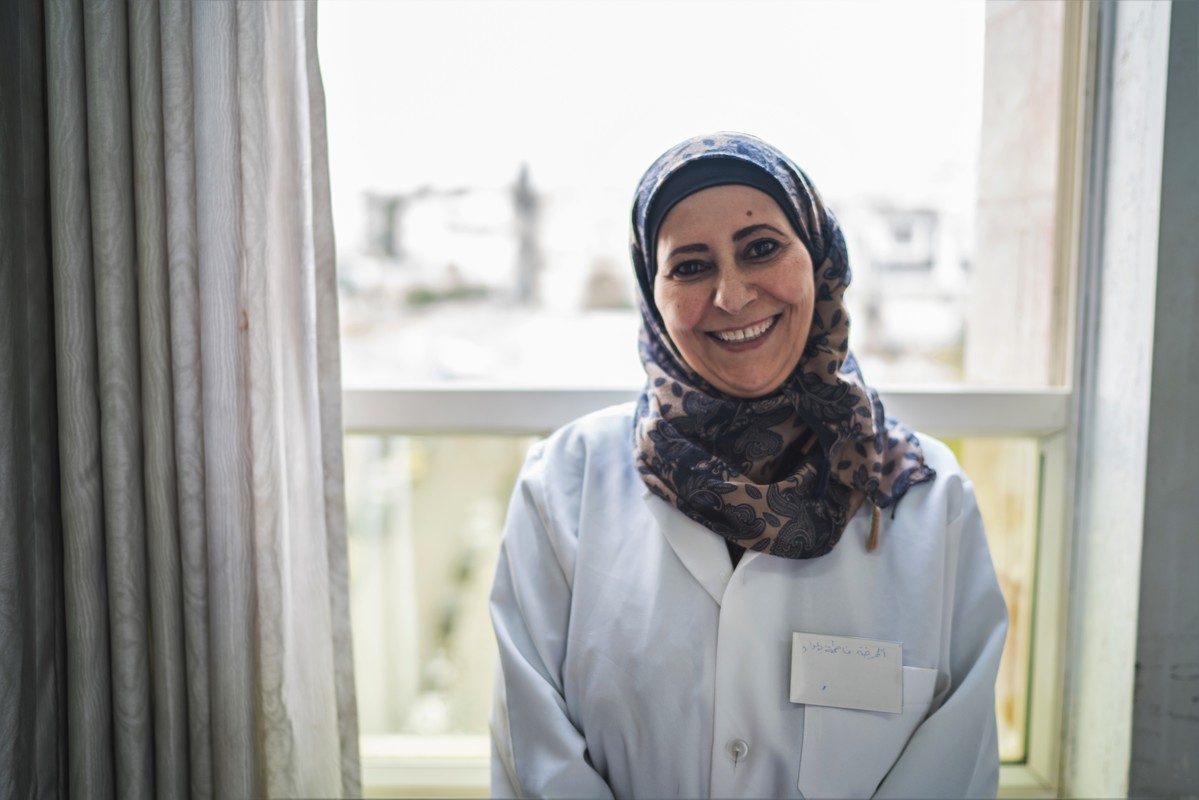
"Women in our communities use many unsafe methods to try to end pregnancies"
Women and girls in Palestine face a number of difficulties and challenges. The ongoing conflict and lack of sitting government as well as high unemployment, has led to poverty and inequality, while an increasingly conservative society and traditionally patriarchal culture has led to increased gender-inequality and lack of access to sexual and reproductive healthcare. The current abortion law unfairly pushes women to risk their lives and health to attempt to end their unwanted pregnancies in unsafe ways. In this context, the Palestinian Family Planning and Protection Agency (PFPPA) has been working since 1964, to provide sexual and reproductive healthcare and advocate for women’s rights. Having received two grants from Safe Abortion Action Fund (SAAF) since 2014, they have been working on the lack of access to safe abortion in the country with a focus on increasing their provision of abortion-related services and advocating at community and national level for changes to the abortion law. My name is Fatima, I am a midwife and have worked with PFPPA for 18 years in the Halhul clinic in Palestine. PFPPA has had a great impact on me personally as well as the community as a whole. I experienced violence in my marriage but when I joined the organization I learned the meaning of violence and I realized that I didn’t have to put up with it and could make decisions for myself. This was a turning point in my life. My life changed 180 degrees, thank God, and my husband stopped being violent. Society & acceptance Since I have worked here, I have seen changes in society’s acceptance of sexual and reproductive health issues and I feel that more people are supporting us. They can be women, religious personalities or young volunteers. One of the proudest moments of my work has been working with a young man who was training to be a peer educator, he was violent, especially with his sister. From the very start of the training, he was against the issues that we were presenting, however, he started to understand our issues. I also met his mother and she thanked me for the change that happened in his life. She came to say that he is now helping in the house - washing dishes and doing other tasks that he would have thought were just for women before. The challenges that we face are a misunderstanding of religion, negative traditions and customs, as well as the political situation in Palestine with the occupation, the walls, the checkpoints as well as the economic situation. We work on issues that will take many years to witness any change due to the negative traditions and customs. Harm reduction & abortion care We have recently started implementing a harm reduction approach to abortion care. I remember one woman who was 44 years old and divorced. She came to the clinic and was seven weeks pregnant. Her face was pale and tired...I felt that all the problems were on her shoulders. She was looking for a saviour. We supported her with harm reduction information and afterwards provided information on post-abortion contraception. After one or two months she sent a message thanking me, saying that we had saved her life, I was really happy about that. There are also cases of women that come here, maybe they took pills or they did something that made them bleed. They don’t tell you what they did but I can detect if I think an abortion happened. If it is an incomplete abortion, we explain how to take the treatment and we follow up with support. Unsafe methods Women in our communities use many unsafe methods to try to end pregnancies. They drink special teas or chlorine. They jump off things or ask their children to jump on them. They sometimes put suppositories made from Arabic medicinal herbs into the cervix. Although it is common, deaths are not registered as linked to unsafe abortion but are probably registered as maternal deaths. When the society says that abortion is haram (forbidden), they don’t take into consideration the issues and these women in need. Imagine if we had safe abortion services at the hospitals, we would not see these issues at all. There are women who would choose abortion for reasons like their age, their health, social issues and psychological issues. There are women themselves who say “I will die if I complete this pregnancy”. I am passionate about the work that I do. I advocate for these issues everywhere I go, on the bus, during weddings and with friends and family, wherever I go. That is why the Safe Abortion Action Fund (SAAF) funded project is so important. I have learned a lot about advocacy and campaigning, how we manage legal advocacy and how to work with decision-makers. We have run events to mark International Safe Abortion Day with groups of women gathered here in the centre and with decision-makers and volunteers. Read more stories from SAAF in Palestine







